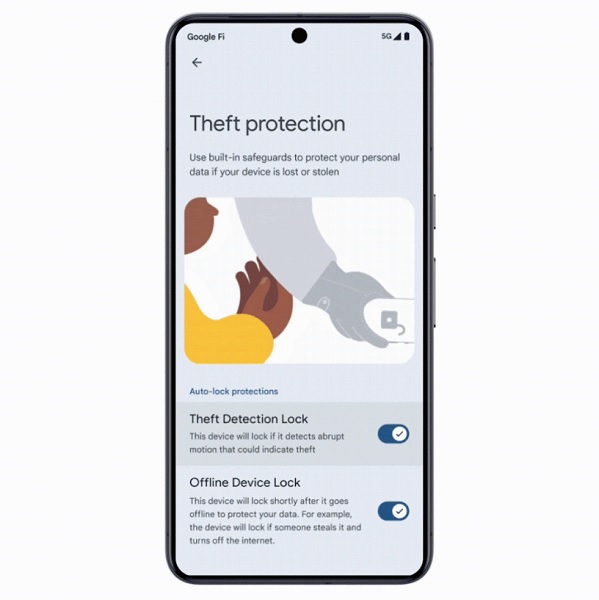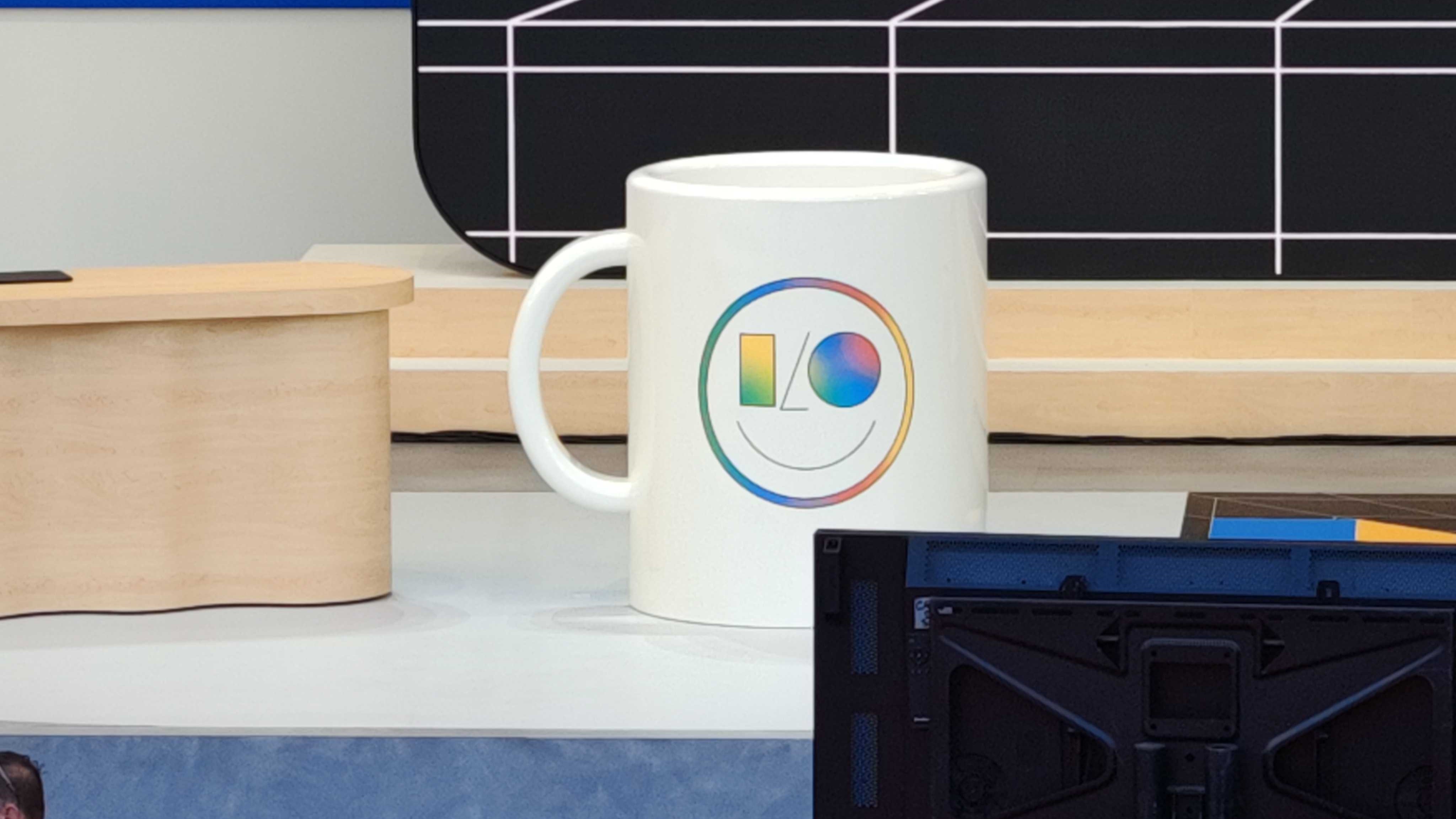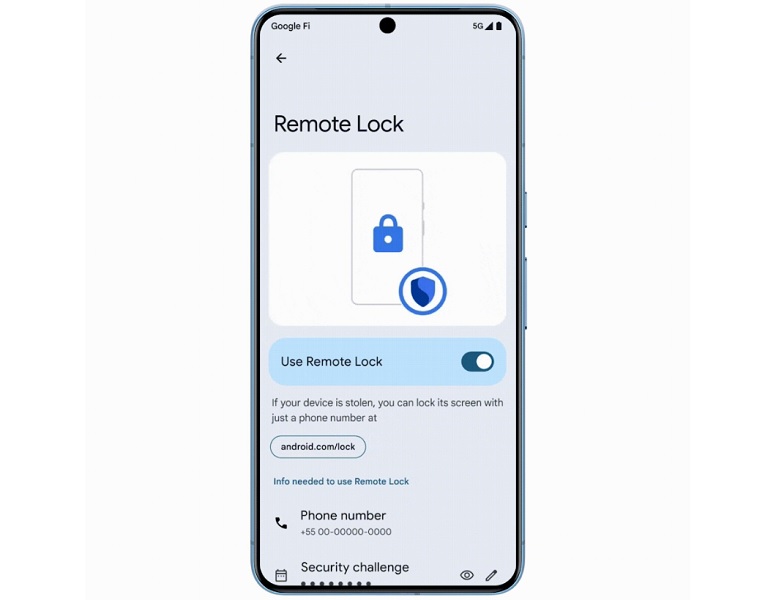Android preps a 'Private Space' and extra layers of security following I/O 2024
Safeguard what's important.

What you need to know
- Google is highlighting several ways it's preparing to help users protect their devices and data if it's stolen.
- A new "Private Spaces" feature is set to arrive, letting users create a new space on their device for apps that could contain sensitive information.
- Google's AI also lends a hand in sensing when a user's device has been stolen to lock down and protect your data.
Following I/O 2024, Google highlights a few ways it's preparing to bring more theft protection to users and their Android devices.
According to a press release, device and data protection kicks off the series of updates regarding the factory reset option. Google states that if a thief attempts to "force" a factory reset on your device, they cannot set it up properly from scratch. The reset's upgrade will ask for the owner's Google account, and without it, the device will be "unsellable, reducing incentives for phone theft."

A new feature is set to arrive known as "Private Space." Through this area, Google says users can create another section on their phone for apps that may contain sensitive health or financial information. Like Safe Folder, users can enter a unique PIN to ensure the space remains secure.
Altering features on an Android device will change later this year. The post states that users looking to disable Find My Device or extend the screen timeout timer will have to input their PIN, password, or biometric (face, fingerprint) to push the change through.
If a thief knows the PIN, Google is preparing to roll out an "Enhanced Authentication" feature to protect your device. When enabled, the company says the device will demand its owners' biometrics before it allows "critical" Google Account information to be altered.
With these updates incoming, Google states that Private Spaces and the new factory reset option will arrive with Android 15. The others are set to debut on "select" devices "later this year."

AI was the headliner at Google's I/O event this year, and we're seeing that influence bleed over into protecting a user's device if snatched. The company says that a new automatic AI-powered screen lock will soon arrive via "Theft Detection Lock." Piggybacking off Google AI, if the system detects motion akin to a phone being snatched and the perpetrator running off, your Android device will lock itself.
Be an expert in 5 minutes
Get the latest news from Android Central, your trusted companion in the world of Android
Joining this is "Offline Device Lock," which will force the Android device to bunker down if a thief takes it offline for too long. Users must enable this feature to protect their device if someone has taken it offline to avoid being located. Additionally, the device will lock down if multiple failed attempts at authentication have been made.
Both of these features are preparing to arrive on Android 10 devices and above through a Play services update "later this year."

The last major theft protection update involves "Remote Lock." Google states users will soon be able to remotely lock their devices with just their phone number after completing a security challenge. The company hopes this gives users time to utilize other tools to relocate their devices and obtain their data. This feature will roll out to Android 10 and above devices "later this year" following a Play services update.
Alongside these Android device-specific security updates, Google is tacking on a few extra to prevent fraud. The company will look to better protect one-time passwords by hiding them from your notifications. Restricted settings are receiving an expansion, with Google informing that it will require additional approval from the user to enable permissions for side-loaded apps.
Other security layers are entering to bolster safer logins by hiding your screen during a screen-share session. Similarly, users other than Pixel owners will soon pick up the ability to choose what they share from an app instead of exposing everything they have stored.
Cellular protections are en route for Android 15, giving users the ability to protect themselves from "cell site simulators" and SMS-based fraud messages. Developers of Play Store apps will receive some extra security tools, as well, to monitor for prying eyes and more.

Nickolas is always excited about tech and getting his hands on it. Writing for him can vary from delivering the latest tech story to scribbling in his journal. When Nickolas isn't hitting a story, he's often grinding away at a game or chilling with a book in his hand.
You must confirm your public display name before commenting
Please logout and then login again, you will then be prompted to enter your display name.
